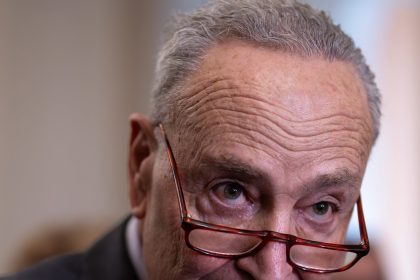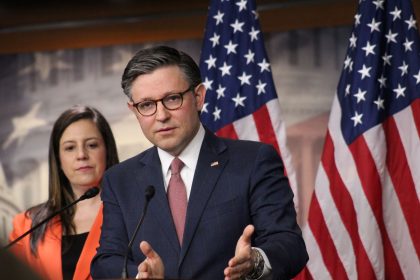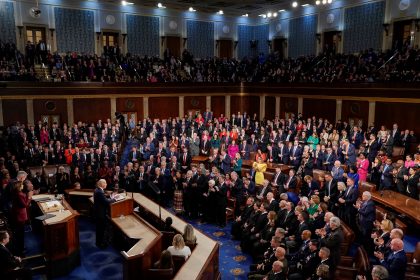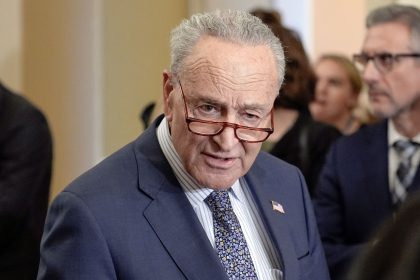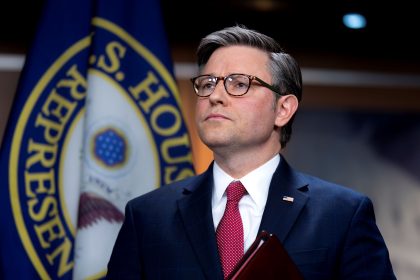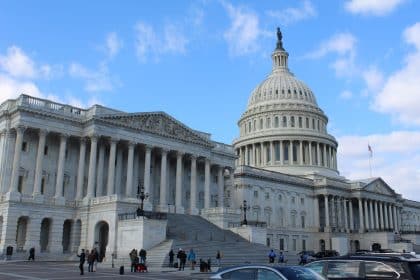Budget Hawk Fears Prescription Drug Rebate Will Become Fiscal Gimmick
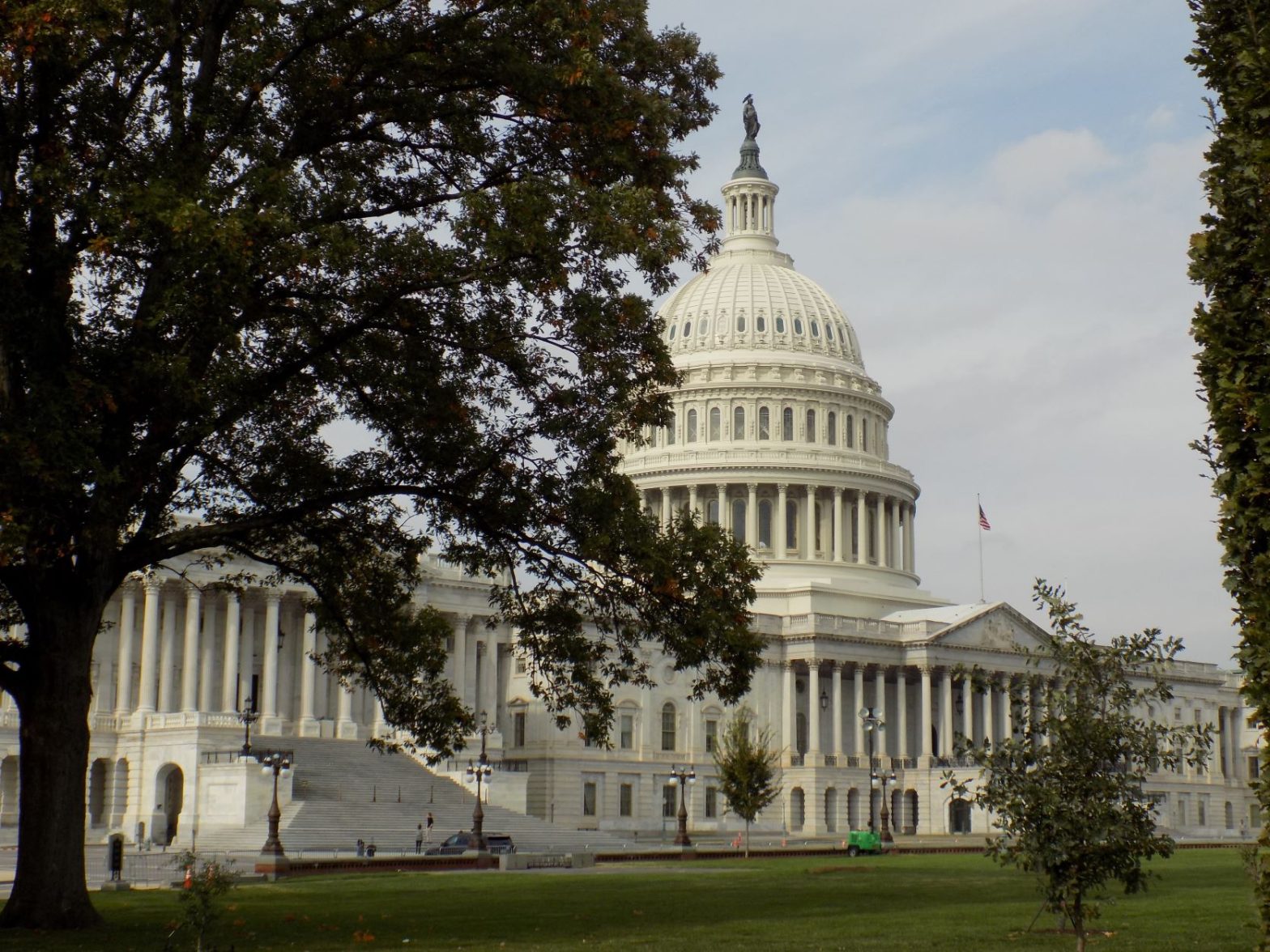
WASHINGTON — A key compromise to ensure the passage of the Inflation Reduction Act could result in substantially less savings than was promised and may well wind up being nothing more than a “budget gimmick” in the hands of future lawmakers, a well-known Washington budget hawk said on Tuesday.
The warning from the Committee for a Responsible Federal Budget, a nonprofit public policy organization based in Washington, came just hours before President Joe Biden was to return to the White House to sign the act into law.
At issue is a rule related to eliminating the anti-kickback statute’s safe harbor protections for prescription drug rebates.
In its initial form, the Inflation Reduction Act would have permanently prohibited implementation of the rule, saving the federal government $122 billion through 2031, and more than $500 billion over the next two decades, the committee said.
However, in order to satisfy concerns over compliance with the Byrd rule, which disallows “extraneous matter” from a reconciliation bill, the final IRA legislation instead delays implementation of the rebate rule until 2032.
The result, the committee said, is that the bill will save substantially less over the long term and could set up a budget gimmick whereby future lawmakers could use continued delays beyond 2032 to “offset” future near-term borrowing.
Maya MacGuineas, president of the Committee for a Responsible Federal Budget, said Tuesday that policymakers agreed to end the rebate rule, and they should abide by their original agreement.
But also noted that because the rule was established by executive action, it can be repealed in a similar manner.
As a result, she called on Biden to “begin the process of ending this rebate rule as was originally agreed to.
“The rebate rule repeal was responsible for one-third of the second decade deficit reduction in the bill,” she said in a written statement. “Allowing the rule to return in 2032 would cost the federal government about $400 billion and drive up the cost of prescription drugs. It could also create a new slush fund that would allow even more deficit-financed spending this decade.
“There is broad bipartisan support for preventing the rebate rule from coming into effect, and there is no good reason it should remain on the books,” MacGuineas said. “The White House should honor the original agreement and move to end the rebate rule permanently in order to fulfill the original intent of the Inflation Reduction Act.”
Dan can be reached at [email protected] and at https://twitter.com/DanMcCue.


















